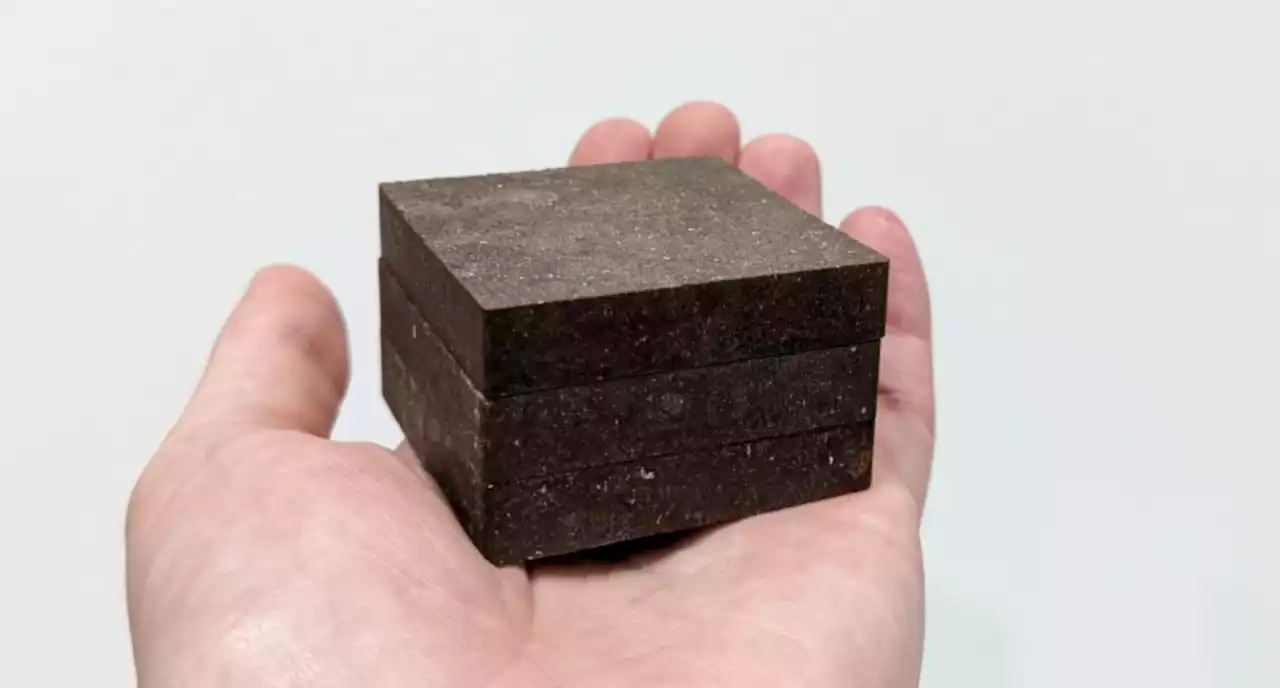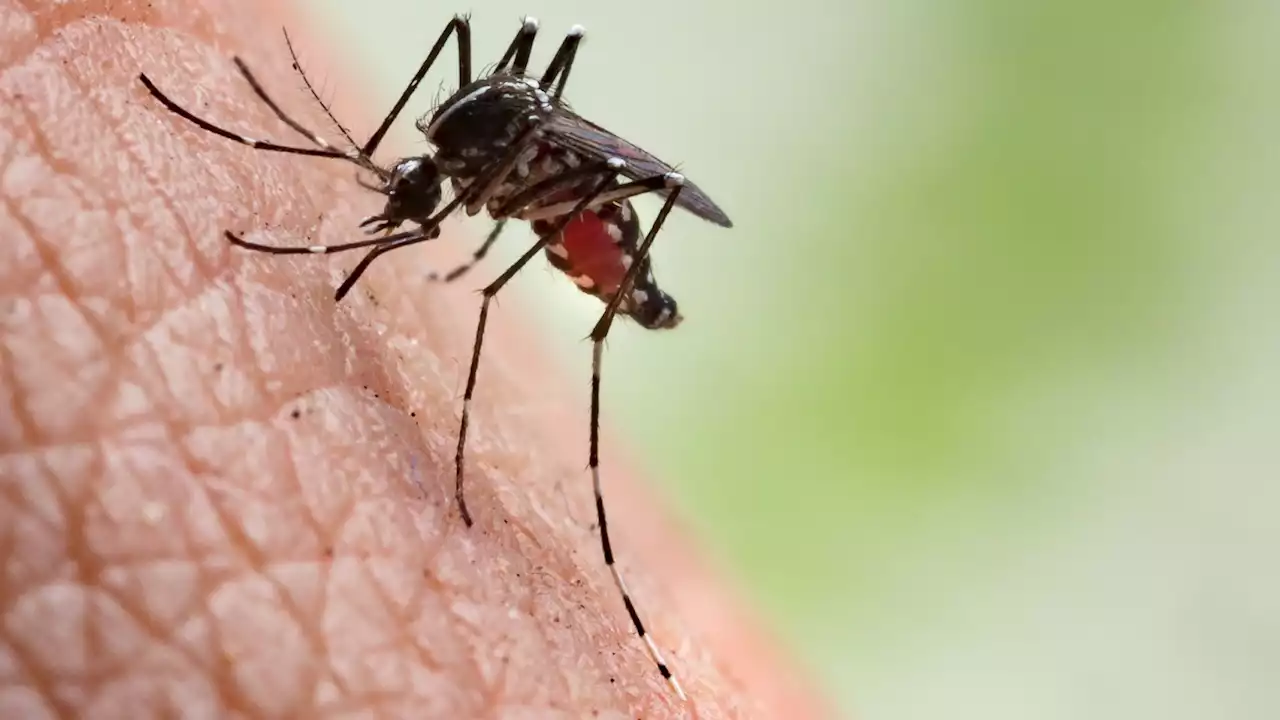Glassmaking techniques have stayed the same for thousands of years, but new recyclable methods could be in our future.
, a team led by Yan Xuehai at the Chinese Academy of Sciences’ Institute of Process Engineering has engineered a new form of biodegradable, biorecyclable glass made from biologically derived amino acids, or peptides projected to have minimal impact on the environment.. The materials’ biomolecular makeup possesses poor thermal stability, and breaks down at the high temperatures usually required during glass production.
Still, the very fact that the team at IPE pulled off a new, green glass could provide a much-needed boost for other researchers looking to achieve similar goals. The need for glass, despite its many issues, isn’t going anywhere as the world continues attempting to shift towards a sustainable future—
United States Latest News, United States Headlines
Similar News:You can also read news stories similar to this one that we have collected from other news sources.
 Volcanic activity on Venus spotted in radar images, scientists sayData from an old NASA spacecraft reveals a volcano erupted on the surface of Venus in 1991, a new study in Science says.
Volcanic activity on Venus spotted in radar images, scientists sayData from an old NASA spacecraft reveals a volcano erupted on the surface of Venus in 1991, a new study in Science says.
Read more »
 Scientists develop 'cosmic concrete' to construct habitats on MarsStarCrete, which has a strength of 72 Megapascals, could be a more environmentally friendly alternative to traditional concrete used on Earth.
Scientists develop 'cosmic concrete' to construct habitats on MarsStarCrete, which has a strength of 72 Megapascals, could be a more environmentally friendly alternative to traditional concrete used on Earth.
Read more »
 Plans of world’s first octopus farm in Spain’s islands worry scientistsProposals for the first octopus farm in the world worry scientists.
Plans of world’s first octopus farm in Spain’s islands worry scientistsProposals for the first octopus farm in the world worry scientists.
Read more »
 Dry Cleaning Chemical Could Be Major Cause of Parkinson's, Scientists WarnThe chemical trichloroethylene (TCE), once used widely in everything from producing decaf coffee to typewriter correction fluids, has been highlighted in a new study as potentially being a significant cause of many cases of Parkinson's disease.
Dry Cleaning Chemical Could Be Major Cause of Parkinson's, Scientists WarnThe chemical trichloroethylene (TCE), once used widely in everything from producing decaf coffee to typewriter correction fluids, has been highlighted in a new study as potentially being a significant cause of many cases of Parkinson's disease.
Read more »
 GPT-4 is here: what scientists thinkResearchers are excited about the AI — but many are frustrated that its underlying engineering is cloaked in secrecy.
GPT-4 is here: what scientists thinkResearchers are excited about the AI — but many are frustrated that its underlying engineering is cloaked in secrecy.
Read more »
 Scientists control mosquito menace by deactivating their spermThe researchers found that blocking the proteins would prevent sperm from swimming to eggs and fertilizing them.
Scientists control mosquito menace by deactivating their spermThe researchers found that blocking the proteins would prevent sperm from swimming to eggs and fertilizing them.
Read more »
